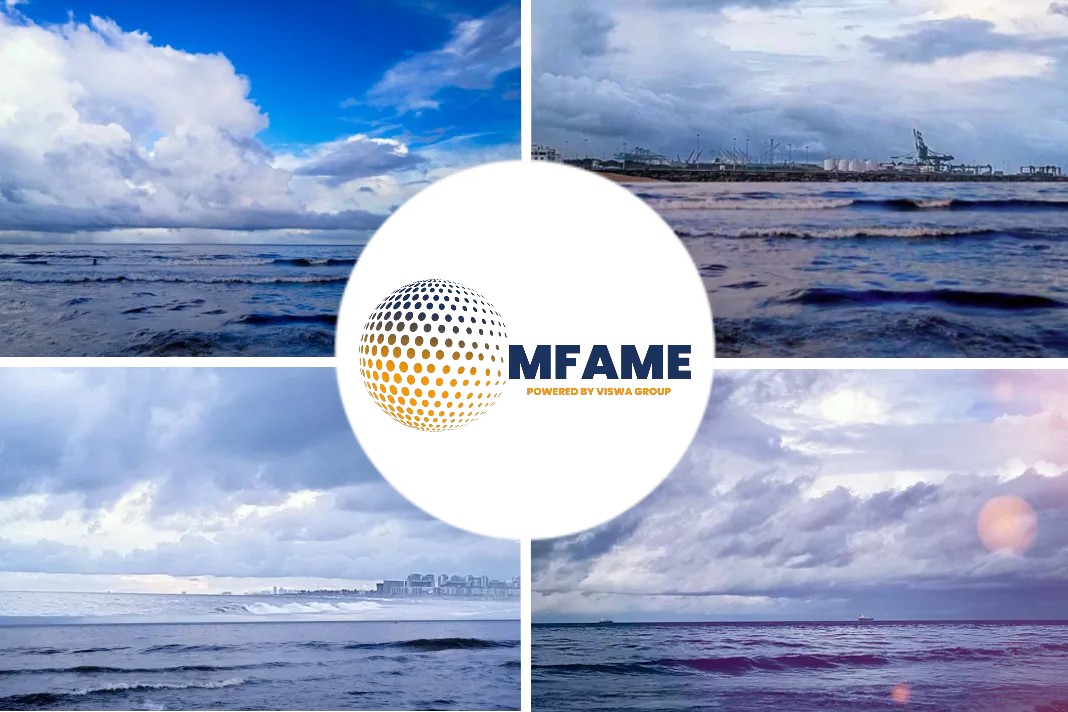
The Vancouver Fraser Port Authority’s new code of conduct for ships anchoring at the port and other locations, including the Southern Gulf Islands and off Cowichan’s coast, was implemented on Feb. 15. A press release from the VFPA said the code of conduct is intended to help mitigate the impacts of ships at anchor on the environment and neighboring communities, including from noise and light.
Growing Skepticism
But at least one local community group is skeptical that the code of conduct will deal with the many concerns around cargo ships anchoring in local waters waiting their turn to dock at the Port of Vancouver. VFPA’a statement said the code of conduct, which it said was developed using feedback from Indigenous groups, communities, local government and industry stakeholders, will be part of its Port Information Guide and will apply to all ships anchored at the Port of Vancouver.
It will be strongly recommended for ships calling at anchorages managed under the Interim Protocol, which are temporary measures put in place by Transport Canada in 2018 to help reduce the impacts of large vessels at anchor outside B.C. ‘s ports. Moving forward, when a ship’s agent contacts the port authority to request an anchorage assignment, the VFPA will be asking the ship’s captain to agree to follow the practices and procedures outlined in the anchorage code of conduct, the statement said. “This anchorage code of conduct has been created as part of our Active Vessel Traffic Management Program, which we are delivering to help better manage the movement of commercial ships…” the statement said.
Robust Code Of Conduct
Shri Madiwal, director of marine operations and harbor master at the VFPA, said the feedback received from the community and stakeholder groups helped the port authority create a robust code of conduct that balances the priorities identified by the community and environmental protections with the port’s limited role managing anchorages outside its jurisdiction. “We understand the Southern Gulf Islands are ecologically sensitive and have heard the community’s calls for stronger measures to reduce social and environmental effects of anchorages,” Madiwal said.
There are 33 commercial vessel anchorages located throughout the Southern Gulf Islands, including six in operation in Cowichan Bay and six near Ladysmith and Saltair harbors. Peter Holmes, president of the Cowichan Bay Ship Watch Society, said the new code of conduct is a band-aid extension of the Interim Protocol and will do nothing to quell community concerns or complaints around the anchorages. Holmes said the society is hoping that their calls to eliminate the local anchorages will be better heard by those attending Transport Canada’s 2023 Ocean Protection Plan Dialogue Forum, which will include members from a number of ocean-related industries and senior levels of government, that is taking place in Vancouver on Feb. 22-23.
Did you subscribe to our Newsletter?
It’s Free! Click here to Subscribe.
Source: Lakowichangazette























